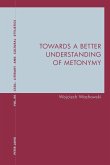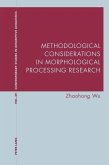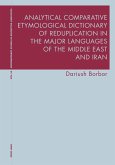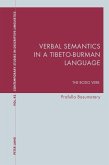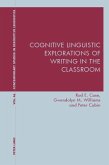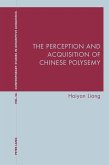The general aim of this book is to contribute to a better understanding of metonymy, a phenomenon which still, despite the current upsurge in scholarly attention, remains puzzling in some respects. The theoretical framework of this book is provided by the school of thought commonly known as Cognitive Linguistics. The first part of the book analyses and develops various hypotheses concerning the nature of metonymy advanced in the literature to date. It presents numerous arguments in favour of the conceptual rather than purely linguistic basis of metonymy and shows that metonymy is a ubiquitous phenomenon not only in language but above all in thought. The second part contains a thorough analysis of the constraints to the scope of metonymy and discusses the differences between metonymy and other forms of so-called figurative language. The third part is devoted to the role and importance of metonymy in communication and focuses on the creative functions of metonymy, which have received surprisingly little scholarly attention to date, such as euphemism, vague language, and humour. The fourth part of this book is centred on some problematic issues concerning the distinction between metonymy, metaphor, and synecdoche.
Dieser Download kann aus rechtlichen Gründen nur mit Rechnungsadresse in A, D ausgeliefert werden.



